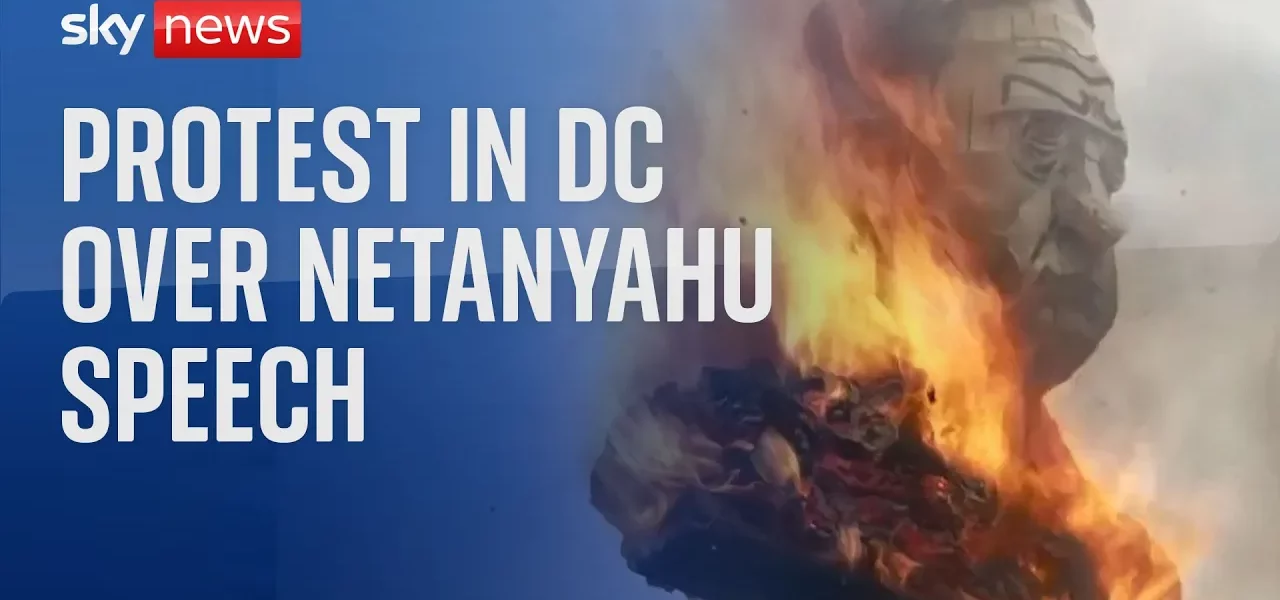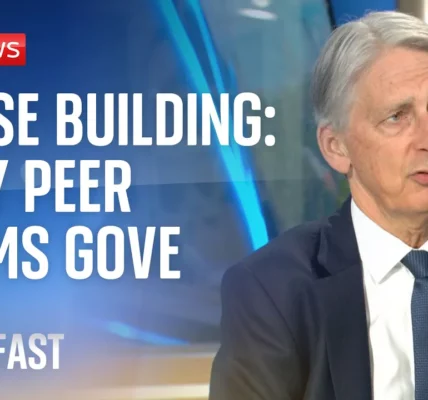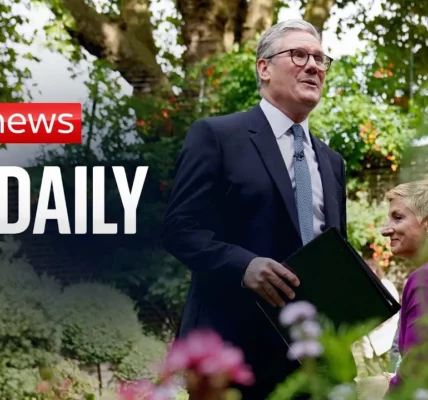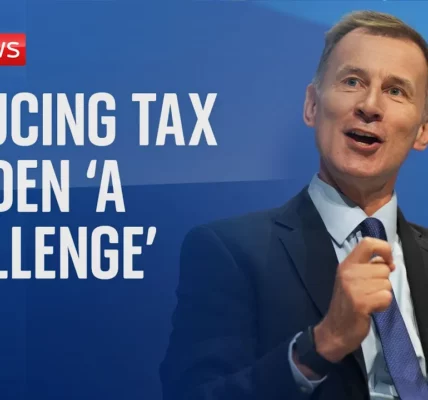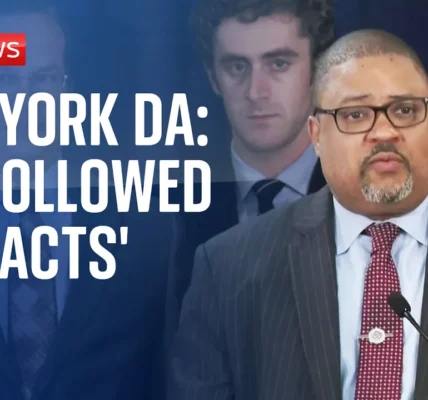Chaos on the Streets of Washington: Protests Against Netanyahu’s Visit

The recent visit of Israeli Prime Minister Benjamin Netanyahu to Washington D.C. has sparked significant controversy and unrest, as thousands took to the streets protesting against the ongoing conflict in Gaza. This article provides an in-depth overview of the protests, political implications, and public sentiment surrounding this polarizing event.
Introduction
On a tumultuous day in Washington D.C., the atmosphere was charged as protesters gathered to voice their dissent against Israeli Prime Minister Benjamin Netanyahu’s visit. The protests, fueled by a deep-seated discontent over the ongoing violence in Gaza, highlighted the stark divisions within American politics regarding foreign policy. This article explores the events that unfolded, the protests themselves, and the reactions from various political entities, shedding light on the complexities surrounding this issue.
The Protests: A Call for Ceasefire
As Netanyahu arrived in Washington, thousands of demonstrators took to the streets, demanding a ceasefire in Gaza. Organizers of the protests expressed that their actions were not just a response to Netanyahu’s visit but also a broader condemnation of the U.S. government’s role in supporting the Israeli military actions in the region.
Nature of the Protests
The protests were marked by emotional speeches, chants, and signs bearing messages of peace and solidarity with the Palestinian people. Many protesters emphasized that:
- They were unarmed and peaceful, yet faced police aggression, including the use of pepper spray.
- They viewed the U.S. government’s actions as complicit in what they termed a humanitarian crisis.
- There was a strong call for political accountability and a shift in U.S. foreign policy towards a more balanced approach.
Political Reactions and Divisions
Netanyahu’s visit was not only a subject of public protest but also a focal point of political contention in Washington. While some applauded his presence, others expressed discontent, reflecting deep divisions within the Democratic Party.
Netanyahu’s Address
During his address, Netanyahu thanked President Biden for his support following the attacks on October 7th. He emphasized the importance of standing together against perceived threats:
- “When we stand together, something very simple happens: we win, they lose,” he stated, reinforcing his stance against Hamas.
- He criticized American critics, labeling some protesters as supporters of evil, which further inflamed tensions.
Democratic Response
The visit highlighted a rift within the Democratic Party. Progressive members expressed their frustration over continued military support for Israel, particularly in light of the humanitarian situation in Gaza. Key points of discussion included:
- The call for a reevaluation of U.S. arms sales to Israel.
- Concerns about the moral implications of supporting a country involved in what many consider a humanitarian crisis.
- The potential impact on upcoming elections, with many progressives warning that public sentiment could sway voters.
The Implications of Netanyahu’s Visit
Hosting Netanyahu at such a contentious time raises questions about U.S. foreign policy and domestic political dynamics. The decision to welcome a figure as polarizing as Netanyahu has far-reaching implications:
International Relations
Netanyahu’s visit is a significant moment in U.S.-Israel relations, especially as it comes at a time when many are calling for a reassessment of American support for Israel:
- It may strengthen hardline positions within Israeli politics.
- It could alienate progressive Democrats, potentially affecting future foreign policy decisions.
Domestic Political Landscape
As protests continue, the Democratic Party faces internal pressure. Many constituents are advocating for a shift in policy, which could lead to:
- A reevaluation of the party’s stance on military aid to Israel.
- Increased focus on humanitarian efforts in Gaza.
- Potential electoral consequences in upcoming local and national elections.
Conclusion
The protests against Netanyahu’s visit to Washington serve as a microcosm of the larger debate surrounding U.S. foreign policy and the ongoing conflict in Gaza. As public sentiment shifts towards a call for peace and accountability, lawmakers must navigate a complex landscape of domestic pressures and international relations. The outcome of these tensions could shape the future of American foreign policy. For those seeking to engage with this critical issue, it is essential to stay informed and participate in the ongoing dialogue. Consider advocating for a balanced approach that prioritizes peace and humanitarian relief.
“`
